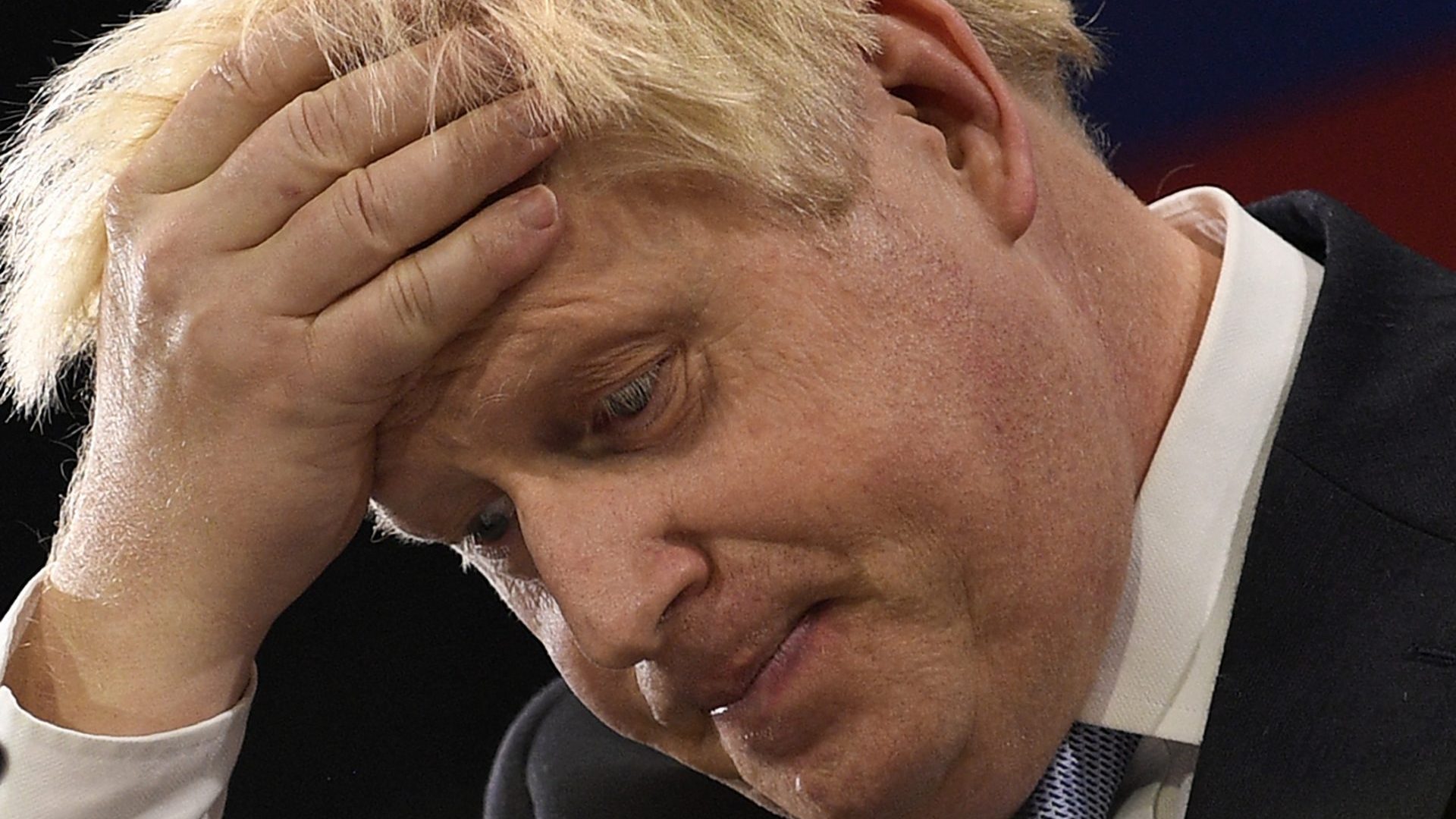And so Boris Johnson’s not all that long reign of error is over, far sooner than the man himself might have hoped. It’s traditional as a prime minister steps down to try to make some accounting of their achievements or accomplishments – but with Johnson’s short tenure, these are more notable by their absence.
Instead, then, as he sidles off for an undoubtedly lavishly paying gig in the commentariat, let us count the regrets Johnson might have – or some of them that he should have, were he a more rational and less self-regarding man.
He’s got no splashy infrastructure project to point to
Johnson loves big infrastructure projects – even if all he really managed as London mayor was the infamously useless dangleway cable car. As prime minister, he advocated for the Sizewell C nuclear plant, called for a bridge to Northern Ireland (passing over a huge undersea minefield), and promised huge transport investment. All he’s actually achieved was the cancellation (again) of electrification of northern railway lines, and a significant scaling back of HS2.
He doesn’t like his signature policy
Boris Johnson secured his 80-seat majority with a promise to “Get Brexit Done” with an “oven-ready deal”, which every parliamentary candidate had to pledge to fully endorse and back to secure selection. He has then had multiple ministers working to unpick a core part of that deal – the Northern Ireland protocol – after realising it doesn’t work. These efforts have entirely failed, leaving a mess for his successor to deal with, and no lasting legacy of his premiership.
He fought the law and the law won
The most obvious run-in Boris Johnson had with the law was to have been found to have breached the Coronavirus laws that his own government created and enacted. But that was hardly his only tangle – Johnson was found to have unlawfully prorogued parliament, too. More significantly, he had wanted to reform how the country worked in some kind of meaningful way – but has not done so. Any kind of British bill of rights or legal divergence from the EU will be up to his successors.
He’s all but broken Britain
Johnson leaves behind a public sector that is falling apart. NHS waiting times are at a record high, and the ambulance service is failing across the country – leaving even heart attack victims waiting hours for assistance. The Conservative Party’s reputation on its core issues is similarly disintegrating: police are solving half as many crimes as they did in 2016, and those that are solved now take 2-3 years to get to court. The public no longer trusts the Conservatives on either crime or immigration – on his own terms, Johnson failed.
The good times prime minister had no good times
Johnson by nature is an optimist and a booster – his attraction is to the pageantry of the job. As mayor, he loved hosting the Olympics. As prime minister, Johnson was an unlucky general – the first few months of his premiership were taken up by the acute crisis phase of Brexit, with his second and third years being dominated by Covid and lockdown. Just as the world reopened, Russia’s invasion of Ukraine brought about an energy crisis and made an existing cost-of-living crisis more acute.
History is unlikely to be kind to Johnson on Covid
Johnson was averse to locking Britain down, but eventually acceded to the experts. These delays have been found by multiple studies to have led to tens of thousands of deaths. Any Covid policy would have resulted in some measure of fatalities, but the UK’s death rate is among the highest of developed countries, and the long-term assessments of Covid policy will reflect that. But simultaneously, because Johnson did lock down, he will not get the credit of lockdown sceptics who believe such moves were unnecessary or even counter-productive (due for example to their effects on schools).
He didn’t make friends along the way
Boris Johnson wanted to move fast and break things – his first senior adviser was Dominic Cummings, who wanted to transform and modernise how the British state worked (he failed comprehensively). Once Cummings was ousted, he became a bitter and vocal critic of absolutely every aspect of the man he believes he installed as prime minister. Johnson eventually so alienated his own MPs that he was ousted less than three years after winning a historical electoral landslide – and as his last act as prime minister (rather than caretaker) fired his old friend Michael Gove.
He’ll end up remembered for the wallpaper
Johnson wanted to be a man of history, Churchill for the 21st century. Instead, his short premiership will be remembered for his (horrible) £2,250 golden wallpaper, his aides’ partying breaking his son’s swing, and his attempt to install a £150,000 treehouse in a house that he didn’t even own.
He ran a government that did the opposite of what he wanted
Johnson wanted to “get Brexit done” but leaves making his deal work to his successor. He wanted to end austerity and have well-funded public services, but has left the public sector in tatters. He wanted to be a liberal, pro-business premier, but has left Britain with the highest peacetime taxes it has ever had. He wanted to be a good-times PM but oversaw a pandemic and now the worst cost of living crisis in living memory. Not all of these are Johnson’s own fault – but as Napolean famously said, he wanted lucky generals more than he wanted good ones. Johnson has been anything but a lucky PM. Worse still for him, he will not be a memorable one. History will have little to say once the waters close over behind him.










